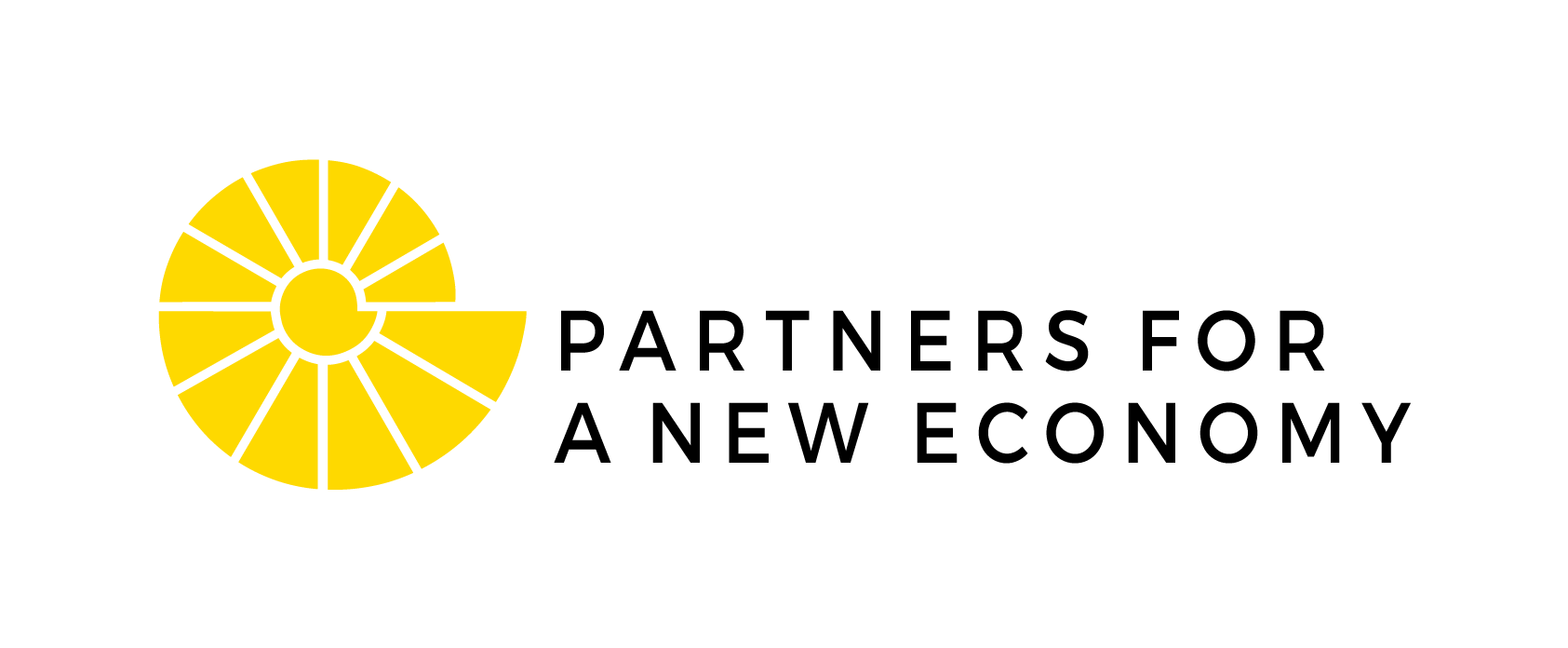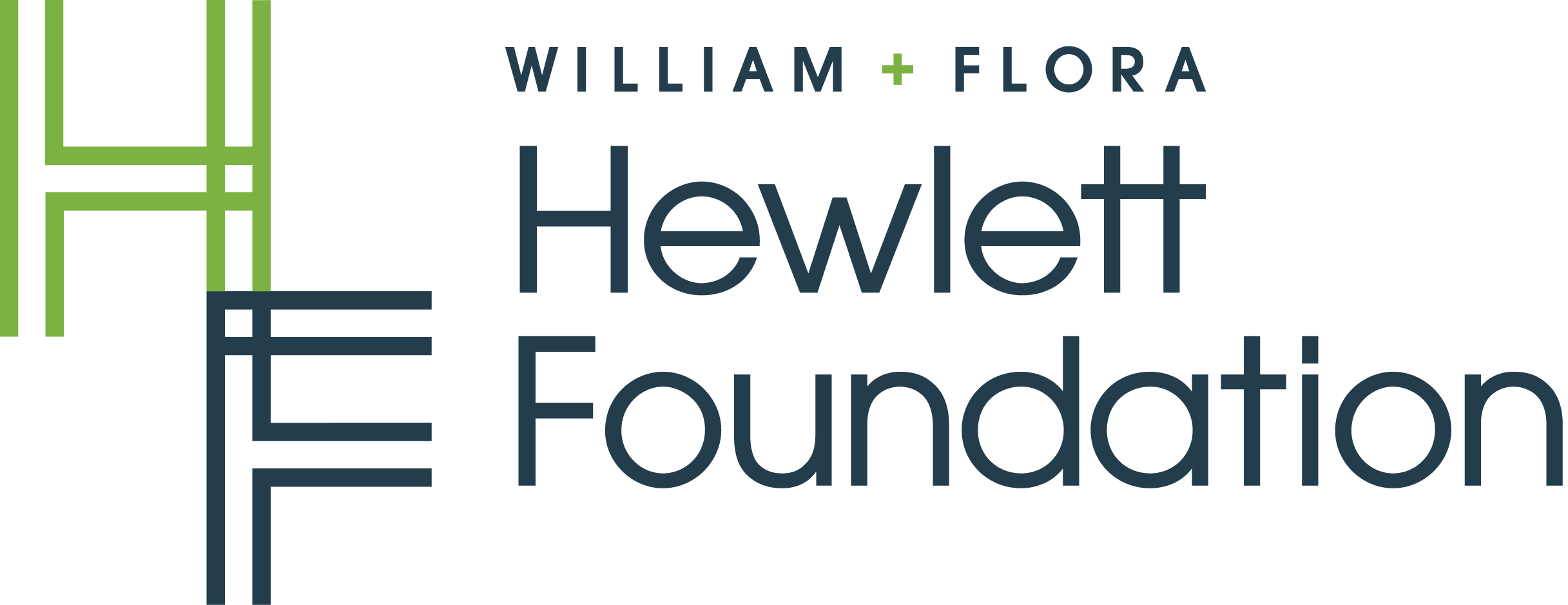Eine neue Finanzpolitik für Würde, Wohlstand und Demokratie
Das Dezernat Zukunft ist ein überparteilicher Thinktank mit dem Ziel, Geld-, Finanz- und Wirtschaftspolitik verständlich zu erklären, einzuordnen und neu zu denken.
Mit unseren Denk- und Lösungsansätzen richten wir uns an politische Entscheidungsträger:innen, an Presse und Wissenschaft, sowie an Nachwuchsdenker:innen. Damit wollen wir zur Debatte beitragen und Menschen bei der Bildung ihrer politischen Meinung unterstützen.
Bei dieser Arbeit sind wir geleitet von unseren Kernwerten: Demokratie, Menschenwürde und breit verteilter Wohlstand.
GRUNDWERTE
Im Rahmen unserer Arbeit stehen drei Elemente im Mittelpunkt:
Mittelpunkt und Ethos der Gesellschaft ist die menschliche Entfaltung – nicht Gewinn-, Kapital-, oder Wachstumsmaximierung.
- Alles Wirken und Wirtschaften muss im Einklang mit den planetaren Grenzen geschehen.
- Technokratische Institutionen und Märkte sind kein Selbstzweck, sondern nützliche Technologien der sozialen Organisation und damit Werkzeuge. Die Demokratie bildet das oberste Organisationsprinzip unserer Gesellschaft.

Wir suchen
Praktika
Du bist noch Studentin oder Student und interessiert daran, die Arbeit des Dezernats kennenzulernen und Dich aktiv miteinzubringen? Vielleicht hast Du auch ein Thema, das Du besonders gern im Rahmen Deiner Arbeit bei uns vertiefen möchtest oder würdest gerne helfen eines unserer Formate weiterzuentwickeln oder ein Neues aufzusetzen? Melde Dich gerne mit Lebenslauf, einem kurzen Anschreiben, einem von Dir verfassten Text und deinem Wunschzeitraum unter info@dezernatzukunft.org.
Nächste freie Stelle ab Herbst 2024 zu vergeben. Arbeitsort ist unser Berliner Büro. Das Praktikum ist vergütet.
Initiativbewerbung
Wir sind zwar nicht John Maynard Keynes, aber wir nehmen die Werte Würde, Wohlstand und Demokratie ernst. Unser derzeitiges Wirtschaftssystem tut dies nicht. Hilf uns, das zu ändern.
Wir suchen Menschen, die bereit sind, groß zu denken, tief zu schürfen und an wirtschafts- und finanzpolitischen Vorschlägen so lange zu feilen, bis sie sowohl der Prüfung anderer Expertinnen und Experten standhalten als auch sinnvolle Veränderungen bewirken. Wir sehen unsere Rolle darin, Dich dabei bestmöglich zu unterstützen.
Dazu bieten wir Dir ein Umfeld, in dem Du und Deine Ideen sich zur besten Version ihrerselbst entwickeln können. Und eine Plattform, die diese Ideen in die öffentliche Debatte tragen kann, ob durch deutsche und englische Tages- und Wochenzeitungen, Veröffentlichungen in Zeitschriften für Expert:innen und die öffentliche Verwaltung, Podcasts, Interviews, oder — ganz klassisch — im Fernsehen.
Derzeit haben wir keine freien Stellen, aber wir freuen uns auf Deine Initiative. Wenn Du ein konkretes Projekt planst, das Du mit uns realisieren möchtest, sende uns bitte einen Lebenslauf und ein Anschreiben, das neben einer kurzen (!) Projektbeschreibung (max. 2 Seiten) folgende Fragen beantwortet: (1) Warum ist das Projekt wichtig? (2) Warum bist Du die richtige Person, um dieses Projekt erfolgreich umzusetzen? (3) Warum möchtest Du dieses Projekt mit uns realisieren? Bewerbungen bitte an info[at]dezernatzukunft.org.
Transparenz
Partner/Förderer


































































